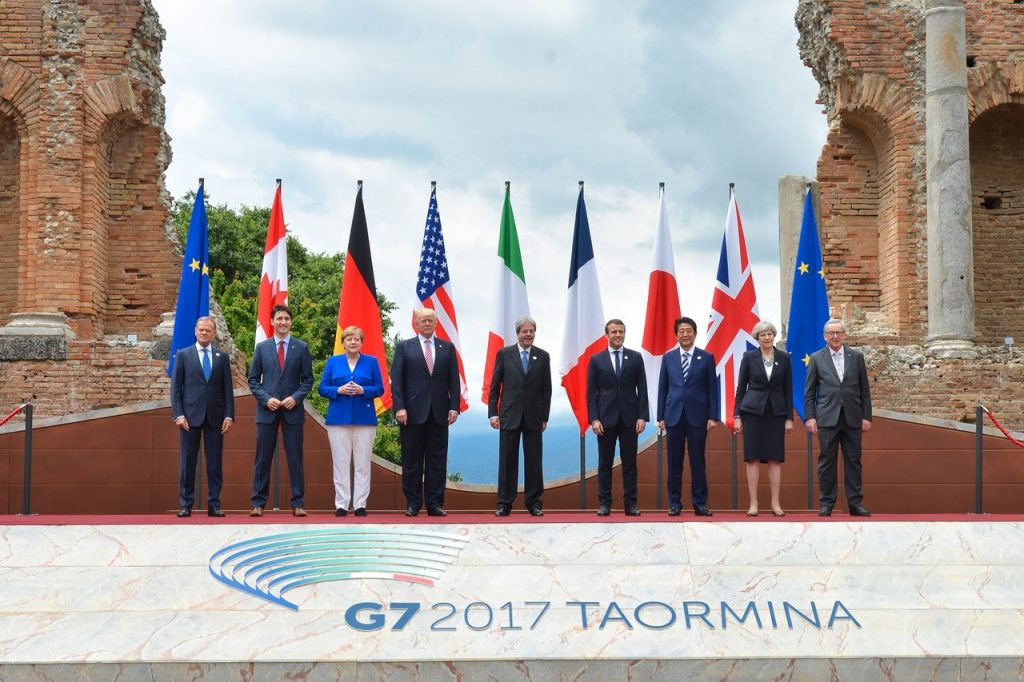Are you interested in the government and politics? Are you interested in the economies of the world and how policies shape them? Perhaps, political science is for you. Learn the vocabulary related to political science with this political science glossary.

Glossary
- racism
- The belief that all members of each race possess characteristics or abilities specific to that race, esp. So as to distinguish it as inferior or superior to another race or races.
- wealth
- An abundance of valuable possessions or money.
- regulation
- A rule or directive made and maintained by an authority.
- vote
- A formal indication of a choice between two or more candidates or courses of action, expressed typically through a ballot or a show of hands or by voice.
- power
- In social science and politics, power is the ability to influence the behavior of people. The term authority is often used for power perceived as legitimate by the social structure
- war
- a state of armed conflict between different nations or states or different groups within a nation or state.
- democracy
- A system of government by the whole population or all the eligible members of a state, typically through elected representatives.
- state
- A nation or territory considered as an organized political community under one government.
- veto
- A constitutional right to reject a decision or proposal made by a law-making body.
- socialism
- A political and economic theory of social organization that advocates that the means of production, distribution, and exchange should be owned or regulated by the community as a whole.
- law
- The system of rules that a particular country or community recognizes as regulating the actions of its members and may enforce by the imposition of penalties.
- government
- The governing body of a nation, state, or community.
- melting pot
- A place (such as a city or country) where different types of people live together and gradually create one community
- globalization
- Growth to a global or worldwide scale, the act of globalizing, or extending to other or all parts of the world mondialisation
- third world
- The developing countries of asia, africa, and latin america.
- nationalism
- Patriotic feeling, principles, or efforts.
- imperialism
- A policy of extending a country’s power and influence through diplomacy or military force.
- ideology
- A system of ideas and ideals, esp. One that forms the basis of economic or political theory and policy.
- citizen
- A legally recognized subject or national of a state or commonwealth, either native or naturalized.
- oligarchy
- A small group of people having control of a country, organization, or institution.
- liberalism
- A political orientation that favours social progress by reform and by changing laws rather than by revolution
- revolution
- a forcible overthrow of a government or social order in favour of a new system.
- treaty
- A formally concluded and ratified agreement between countries.
- secularism
- A doctrine that rejects religion and religious considerations
- sanction
- A threatened penalty for disobeying a law or rule.
